MELDING OF TRADITIONS
Strange Bedfellows
we enjoy them now
 |
| WALLPAPER: WEST YELLOWSTONE SPRING TOAST |
-------
..We've been told that the curious breakfast behavior of some of our neighbors at this time of year is a West Yellowstone original invention.
.. Given the idiosyncratic nature of our neighbors we are inclined to believe it.
.. This behavior, (unbeknownst to most,) is a melding of British seafaring cultural practices with the Christian incorporation of Pagan calendric dates and some American excess in revelry that combines to provide what some of the neighbors describe as "Our Easter."
.. The unique historical background of
"WEST YELLOWSTONE SPRING TOAST" is a bit of fun.
.. We've put off revealing this tradition until now, (after Easter Sunday, and Easter Monday,) in the hopes that the collective memory of our readers will forget it during the coming year. {{ A condition imposed upon us by the revelers around the village.}}
-----
..
So then: The earliest mention of "French Toast" is from the 5th or 6th century and is bread soaked in milk and, by the middle ages it was in use with eggs to "reclaim" bread. So far so good.
.. Contemporary French toast is similar to early recipes with milk, eggs, cinnamon, vanilla and various other regional or cultural additions.
.. At Easter time eggs are prominent in the annual celebration of the day by both Christian and non Christian celebrants. So lets use some eggs with the milk.
 |
| CHRISTIAN EGG |
.. Decorated eggs are as old as the carved ostrich eggs of antiquity and at least 60,000 years old.
.. The Christian, (and Jewish,) use of the egg stems from the earliest times of those particular belief systems and, was influenced by cultures in Egypt, Mesopotamia, and Crete. The association of a Springtime rebirth and 'Eastertide' with eggs is a simple connection to envision.
.. Less well know is the early Christian connection between the empty egg shell and a risen god figure.
.. Colored eggs in Christianity stem from the association of red color on the eggs for Eastertide and sacrificial blood. My my how it goes.
.. The Christian adoption of the mid winter celebrations, (thanks to Pope Gregory 1st,) such as the Christmas transformation is pretty well known, It mirrors the Roman feast of Saturnalia, and the Roman
'birth day of the unconquered sun.'
.. Other Pagan influences such as the yule, trees, beards, elves, and several other Germanic and Scandinavian rituals come into play as well.
.. It was easy for the early missionaries to expropriate local celebrations and incorporate them with their own dogma, (the strategy of
Interpretatio Christiana.)
 |
| Y'ALL COME |
..What is not so well known is the association of eggnog with the midwinter celebrations.
.. Simple facts point the way: cows and chickens lived indoors with families in the northern European Pagan cultures.
.. Pigs and chickens and the occasional cow lived with folks in Ireland and Scotland.
.. Many of these early cultures were incipient agriculturalists. Surplus grain storage was in a primitive state and alcohol was plentiful - both as a byproduct of
in situ fermentation and as purpose made libations.
 |
| A FAMILY AFFAIR |
.. The middle of Winter provided a time of less physical labor in the field and also provided several celebrations to pass the time, (yule, etc.)
..
Cows + Chickens + Alcohol = Warm Winter Pick-Me-Up and, loosening-up for festivities.
.. Of course as Christianity spread to the northern reaches of the continent expropriation of the indigenous customs made acceptance of Christianity easier.
.. But the name of eggnog is used by most contemporary Americans for the
"Traditional Beverage." Why should that be?
.. The United States can trace it's invasive settlement to Europeans, (British and French primarily in the North and Spanish and French in the South.) The invasion of the North brought agriculture and mid winter sloth to the continent. It's traditions and vocabulary were adapted to the new place and time.
 |
| INGREDIENTS |
.. The old vocabulary included eggnog. The entomology is fairly well known. 'NOG' derives from such backgrounds as the cup that grog was served in and the Gaelic 'noggin' - your head of course.
.. The British seafaring words 'grog' and 'nog' and 'noggin' are easily associated with the condition of revelers on the morning after, (groggy!)
 |
| BEST CRYSTAL |
.. Eggnog in one form or another is at least as old as the British "Butterbeer," or "Lambswool," or "Egg'n'grog." It's not hard to get from "Egg'n'grog" to eggnog. But why is it served cold instead of warm like so many other midwinter libations?
.. Do you want scrambled eggs in your rum
-----
..
Now: about the neighbors! Being midwinter revelers of the first water, they explore beverages in the same manner that a friendly Labrador Retrivit explores new crotches.
.. Eggnog is high on the list of preferred evening beverages during the midwinter sloth. French toast is very easy, tasty, decadent and preferred to many other breakfast choices on the morning after.
.. Darest we say it: there
is may be left over eggnog on the morning after. It makes the French toast that much easier for the muddled mind and aching body. Hence the birth of
West Yellowstone Spring Toast for our Eastertide. Just soak and fry some bread - simple!
.. Of course none of the neighbors have quit drinking the popular libation after New Year's Eve. Certainly not!
.. [[ The question of why the Easter Bunny brings eggs and children's presents is addressed by a Germanic judgement tale initially adopted by the Lutheran Sect of Christianity and carries overtones of the Jolly Old Elf in red at Christmas time. It does not seem to influence many, (if any,) of the French Toast recipes or traditions - certainly not in this village.]]
.. There is, however, the lingering question of how do bunnies lay the eggs? Perfect fodder for a morning after discussion.
-------
 |
| WALLPAPER: LOCAL BARN/HOUSE - empty |
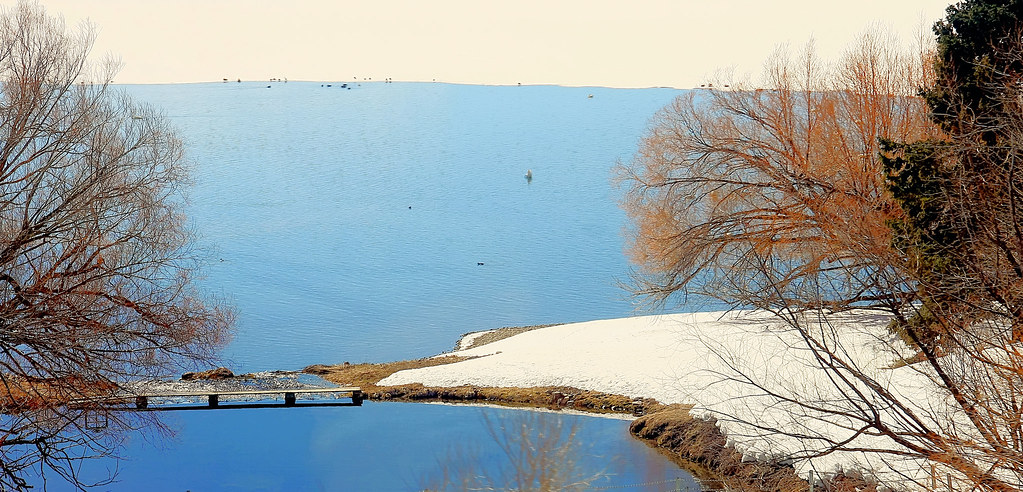
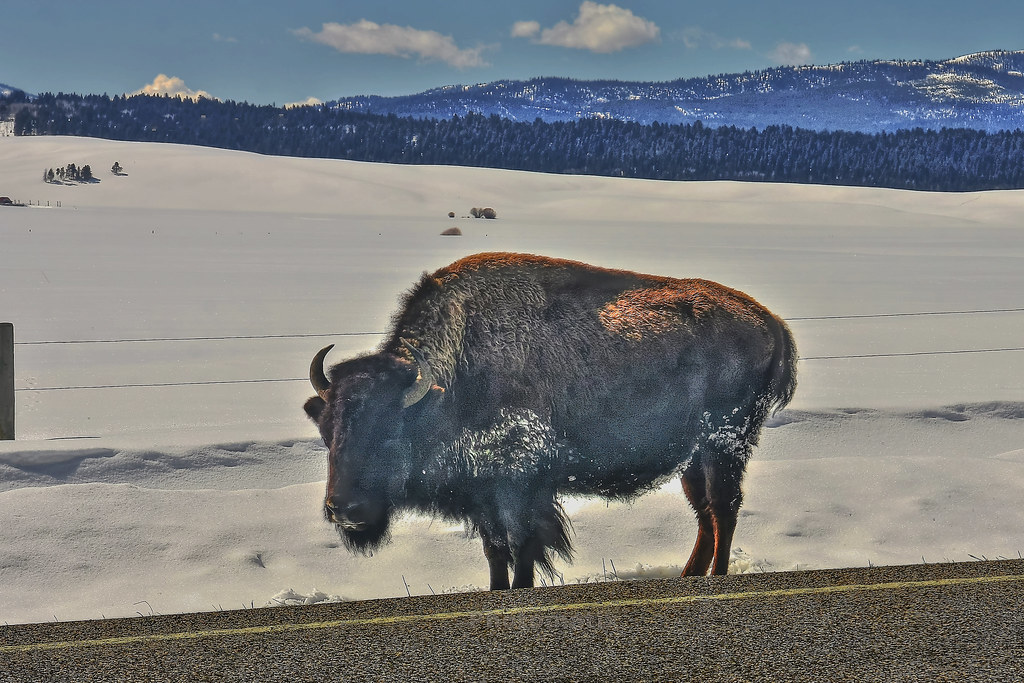

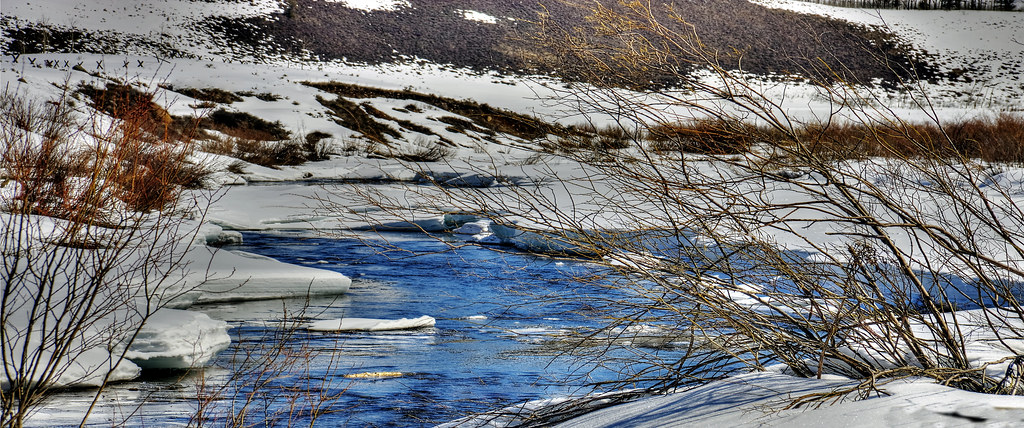












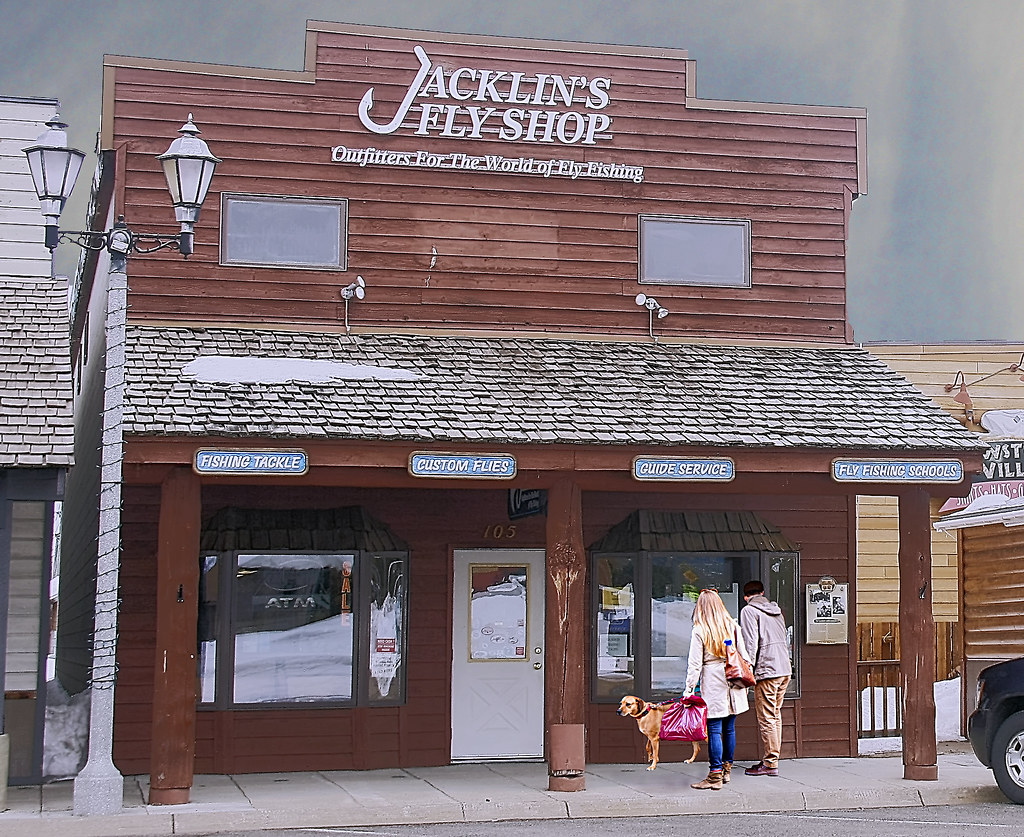







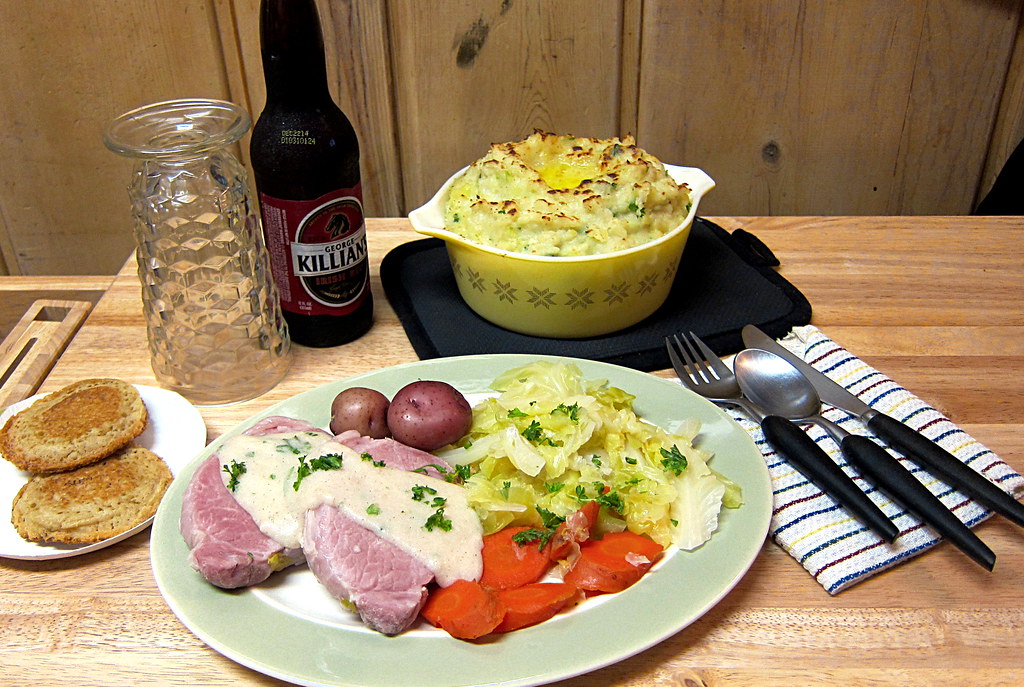




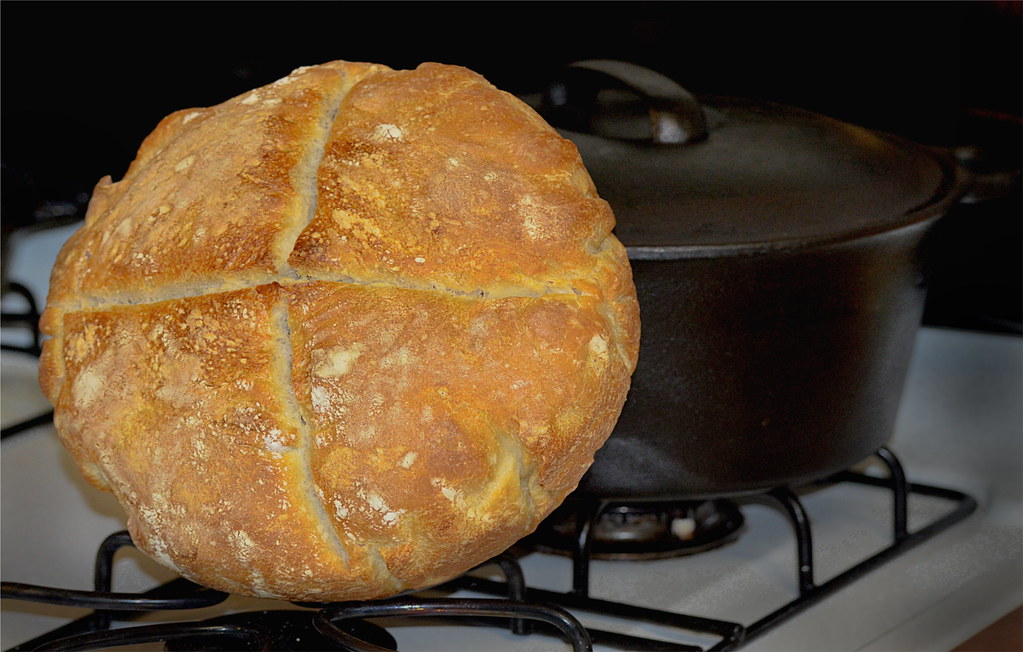
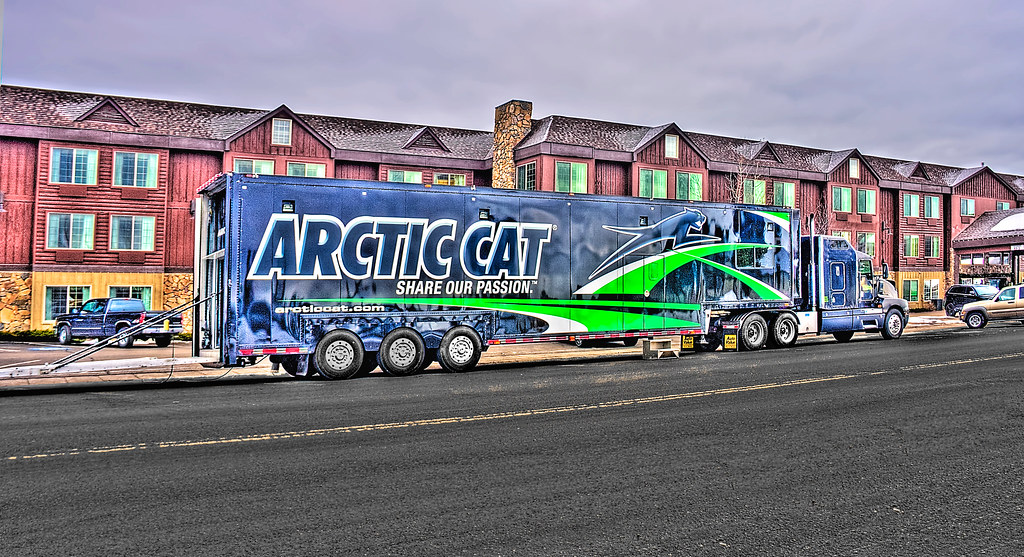
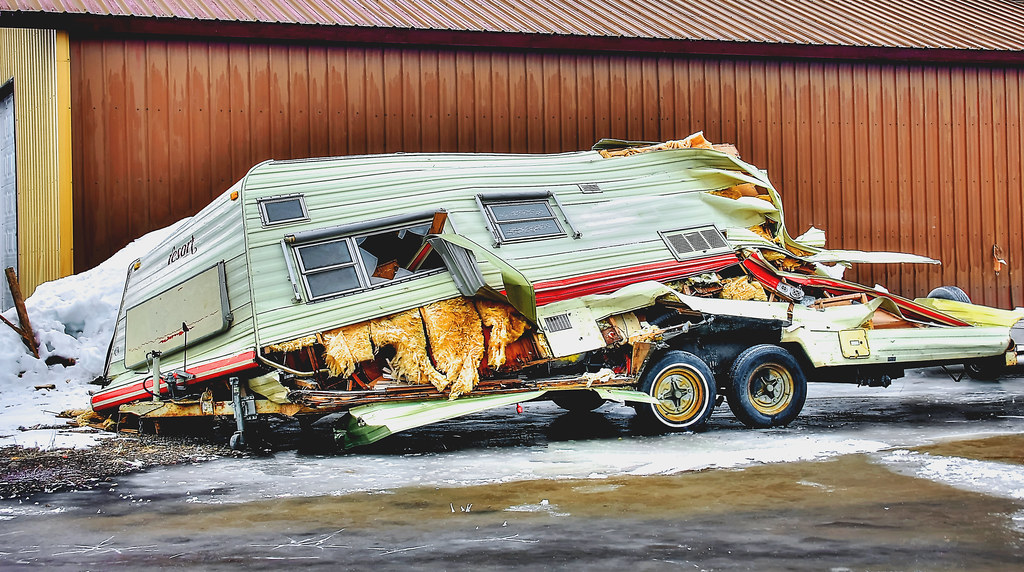





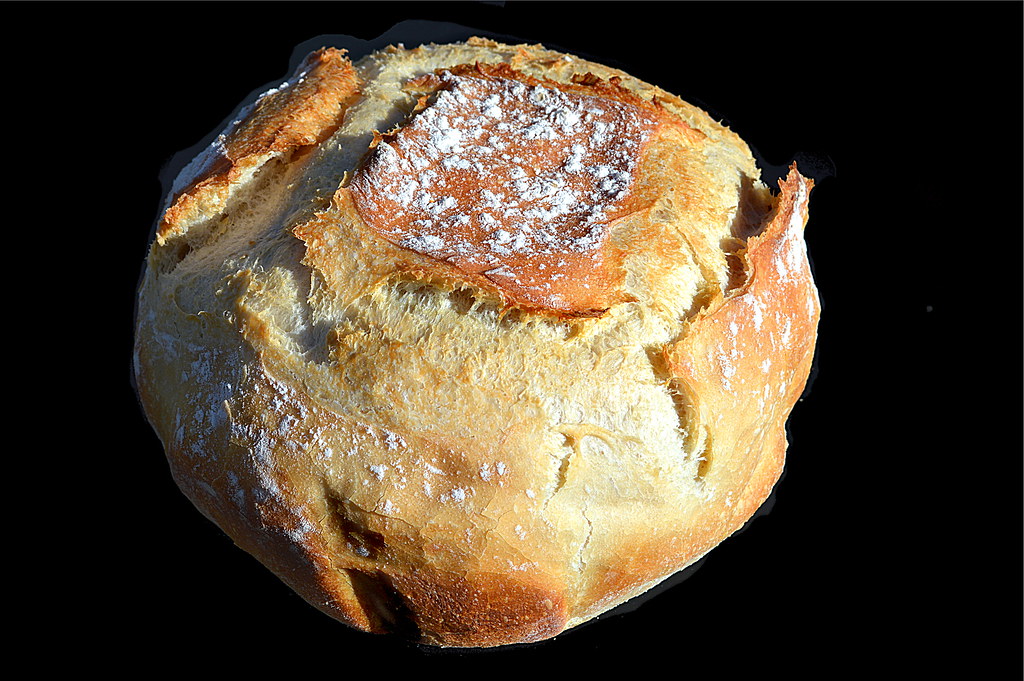

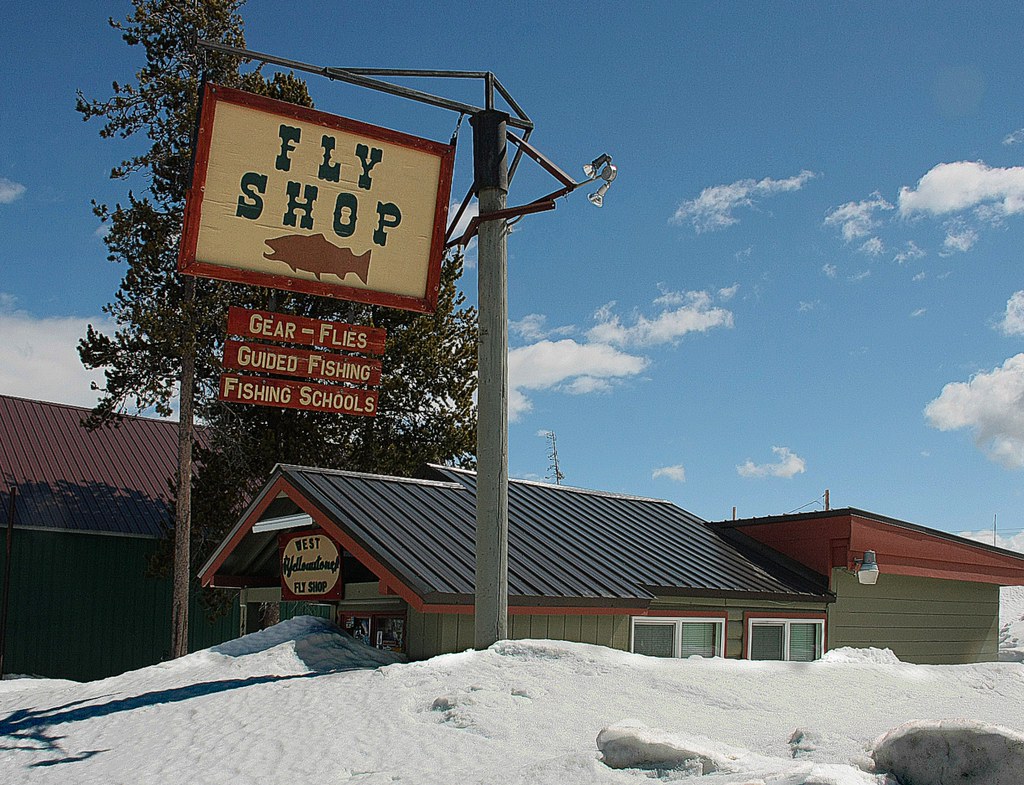

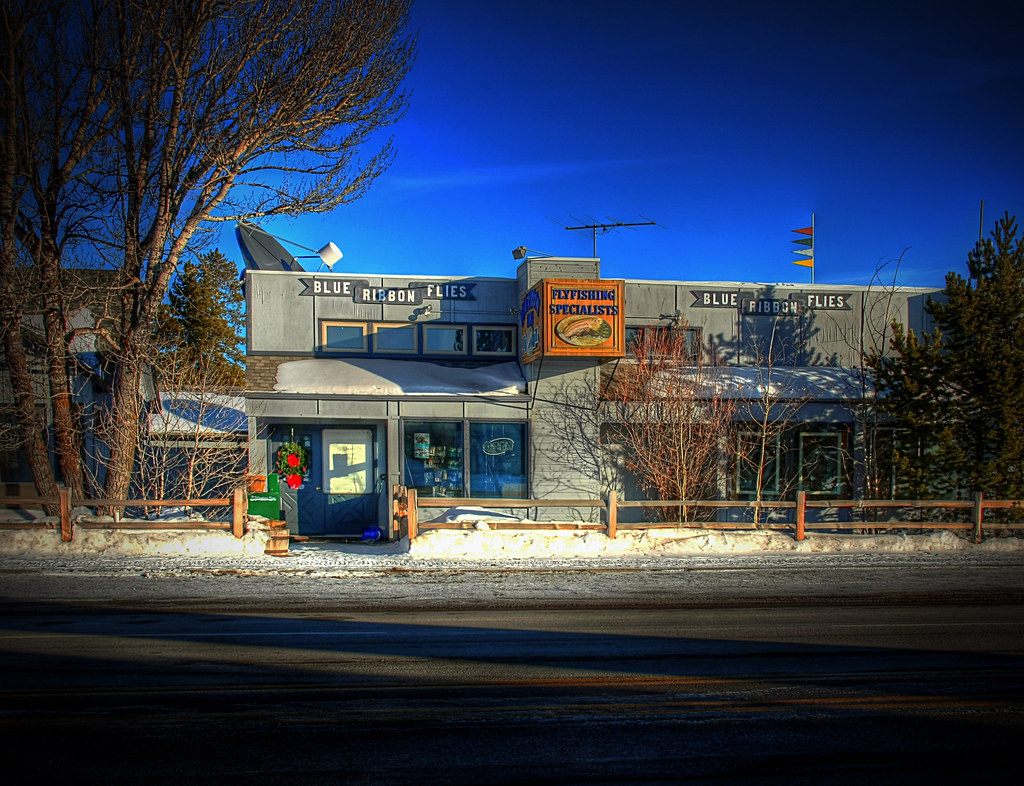
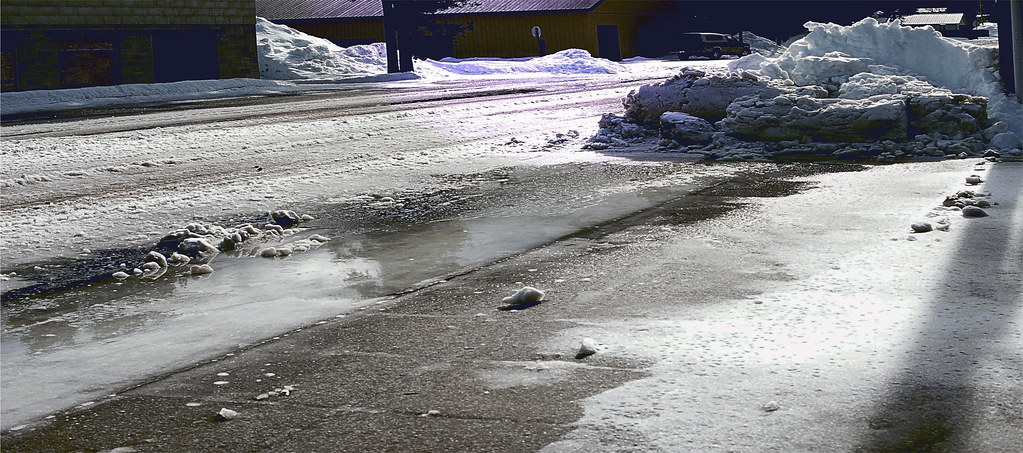
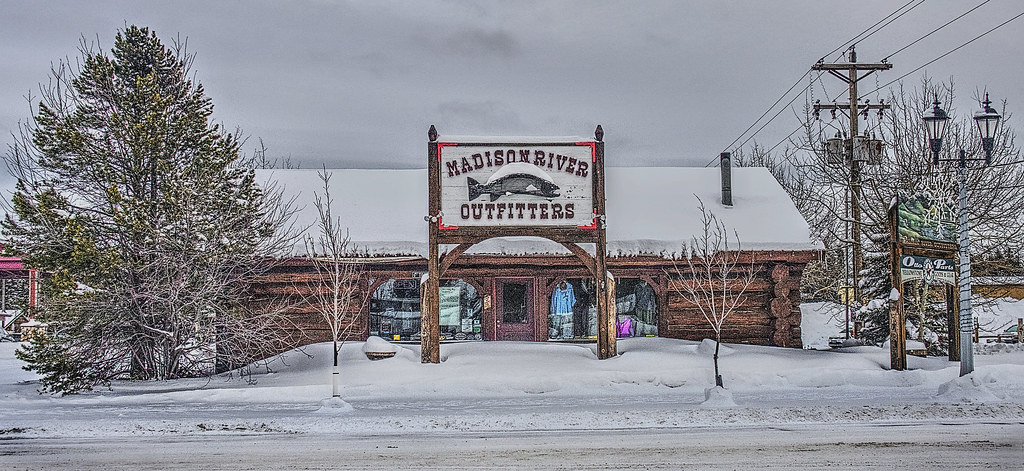
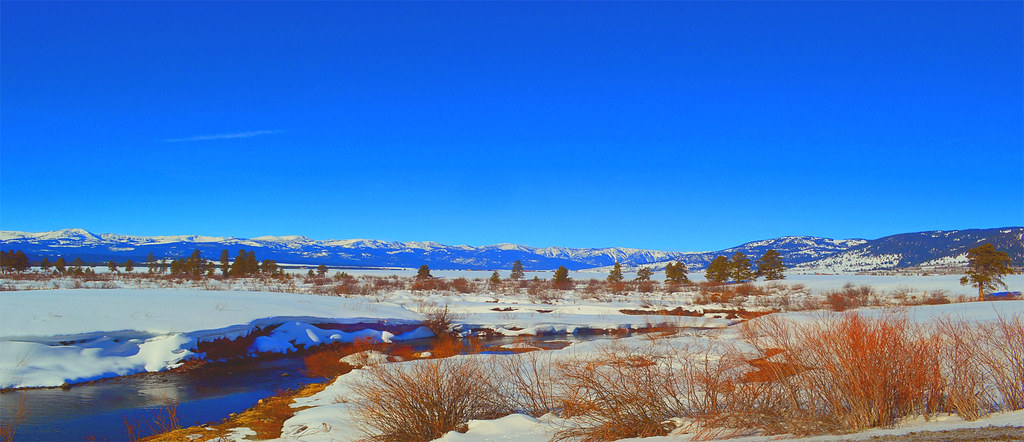

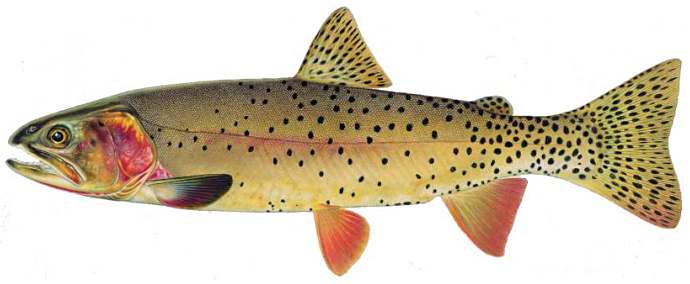

.jpg)




